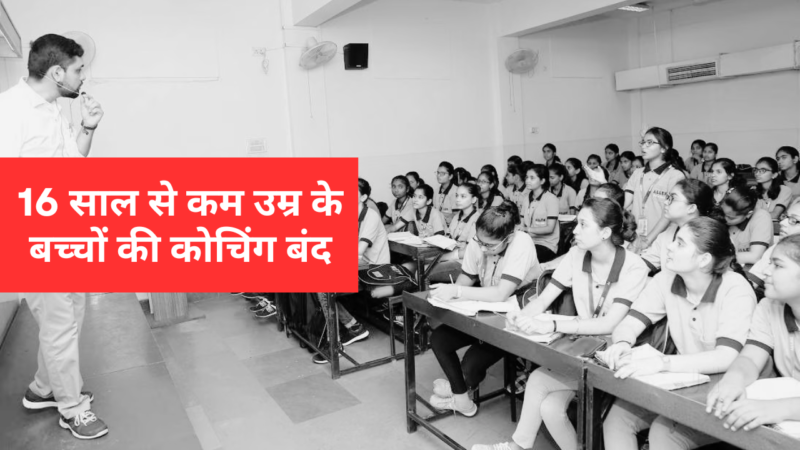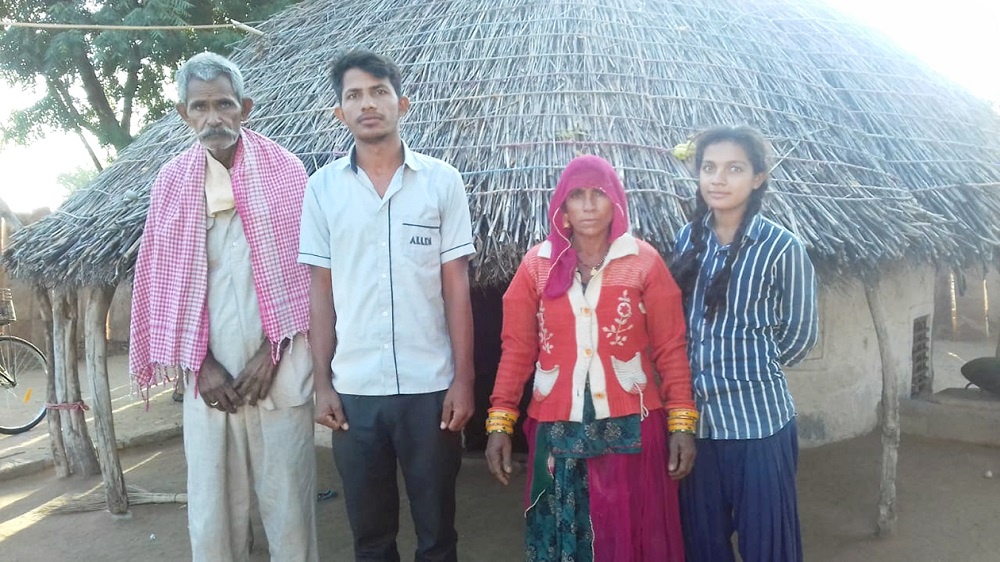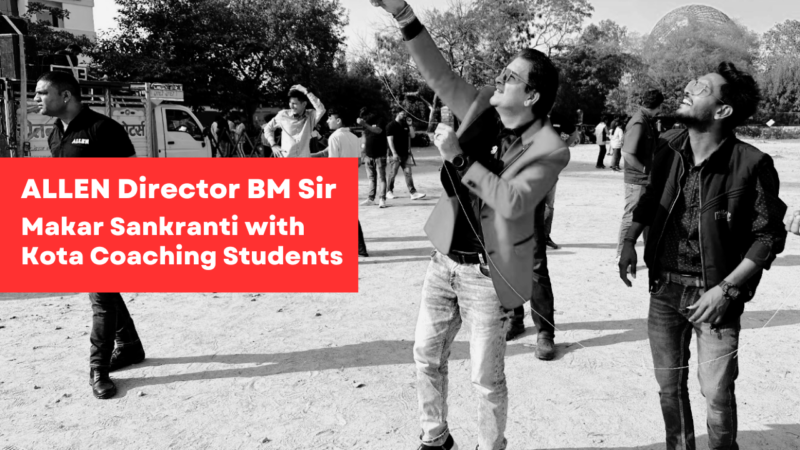Coaching centers can’t enroll students below the age of 16 & can’t make false promises and advertisement

In a crucial move to prioritize the mental health and well-being of students, the education ministry has recently implemented a groundbreaking policy that prohibits the intake of students below 16 years in coaching institutions, particularly those catering to competitive exams like JEE (Joint Entrance Examination) and NEET (National Eligibility cum Entrance Test). Additionally, the ministry is cracking down on false promises and deceptive advertisements prevalent in the coaching industry. This proactive measure aims to curb the alarming rise in stress-related incidents, including suicides, among students enrolled in these high-pressure coaching programs.
The decision to prohibit the intake of students below 16 is a response to the increasing reports of mental health issues, burnout, and tragic cases of suicides among students preparing for competitive exams from a very young age. The intense pressure and unrealistic expectations set by coaching institutions have taken a toll on the psychological well-being of students, prompting the education ministry to intervene.
Key Aspects of the Policy:
- Age-Appropriate Coaching: The new policy emphasizes the importance of age-appropriate coaching, recognizing that early adolescence is a crucial time for personal development. By prohibiting the enrollment of students below 16, the ministry aims to shield young minds from the undue stress associated with competitive exam preparation.
- Mental Health Focus: The education ministry is actively promoting a shift towards a more holistic approach to education. This includes placing a strong emphasis on mental health support for students, with counseling services, stress management programs, and awareness campaigns becoming integral components of the coaching experience.
- Crackdown on False Promises: To address the rampant issue of false promises and deceptive advertising within the coaching industry, the ministry is implementing stricter regulations. Coaching institutions will be held accountable for misleading claims about success rates, teaching methodologies, and guaranteed outcomes. This aims to ensure transparency and protect students and their families from falling victim to unrealistic expectations.
- Parental Awareness: The education ministry is actively engaging with parents to create awareness about the potential dangers of enrolling children in coaching programs at a very young age. Encouraging parents to prioritize their child’s overall well-being over solely academic success is a crucial step in changing the prevailing mindset.
Challenges and Future Considerations:
While the new policy is a commendable step towards addressing the mental health crisis in the coaching industry, challenges such as the need for alternative educational pathways, increased demand for quality education, and ongoing monitoring of coaching institutions will require careful consideration.
The education ministry’s decision to prohibit the intake of students below 16 in coaching institutions and crack down on false promises reflects a commitment to fostering a healthier, more balanced learning environment. By prioritizing the mental health of students and ensuring transparency in the coaching industry, the ministry is taking a vital step towards creating a future where academic success is achieved without sacrificing the well-being of the next generation. This comprehensive approach sets a positive precedent for educational reforms and underscores the importance of fostering a supportive and nurturing educational landscape.




